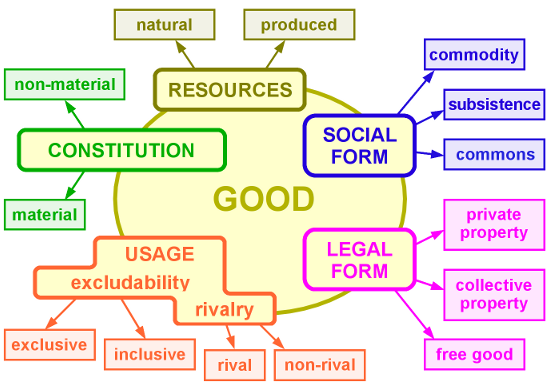During the first two days of November, the International Commons Conference organized by the Heinrich Böll Foundation and the Commons Strategies Group took place in Berlin. Throughout the conference, I wrote down various remarks by participants which I considered insightful, interesting, or amusing. The following quotes are meant to convey the spirit of what the quoted person said, but not necessarily the precise wording (since I often wasn’t fast enough to exactly get the latter).
Welcome
- The commons philosophy is that we don’t wait for governments or leaders or big business to solve our problems; we solve them ourselves, together.
Keynotes
Ruth Meinzen-Dick (president of the International Association for the Study of the Commons):
- The real tragedy of the commons is that they are so misunderstood, so undervalued. (mehr …)





